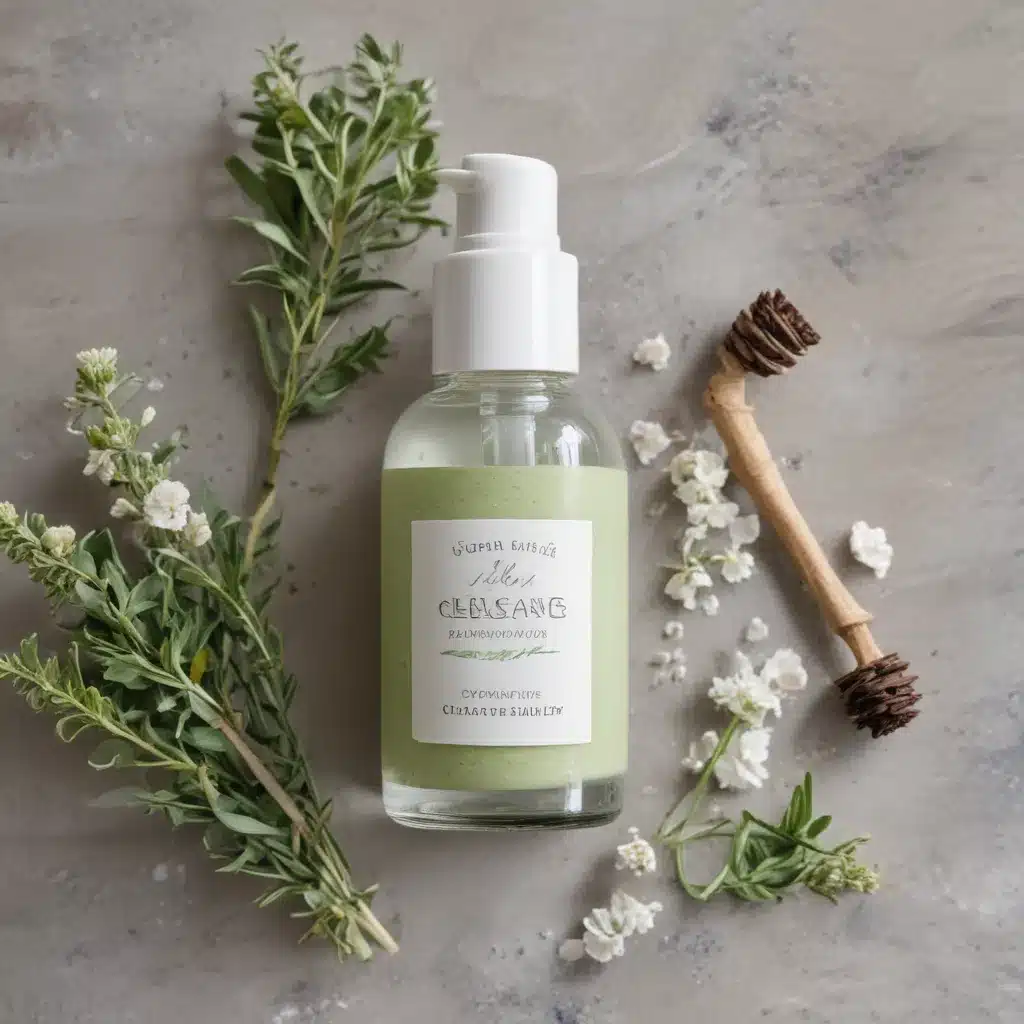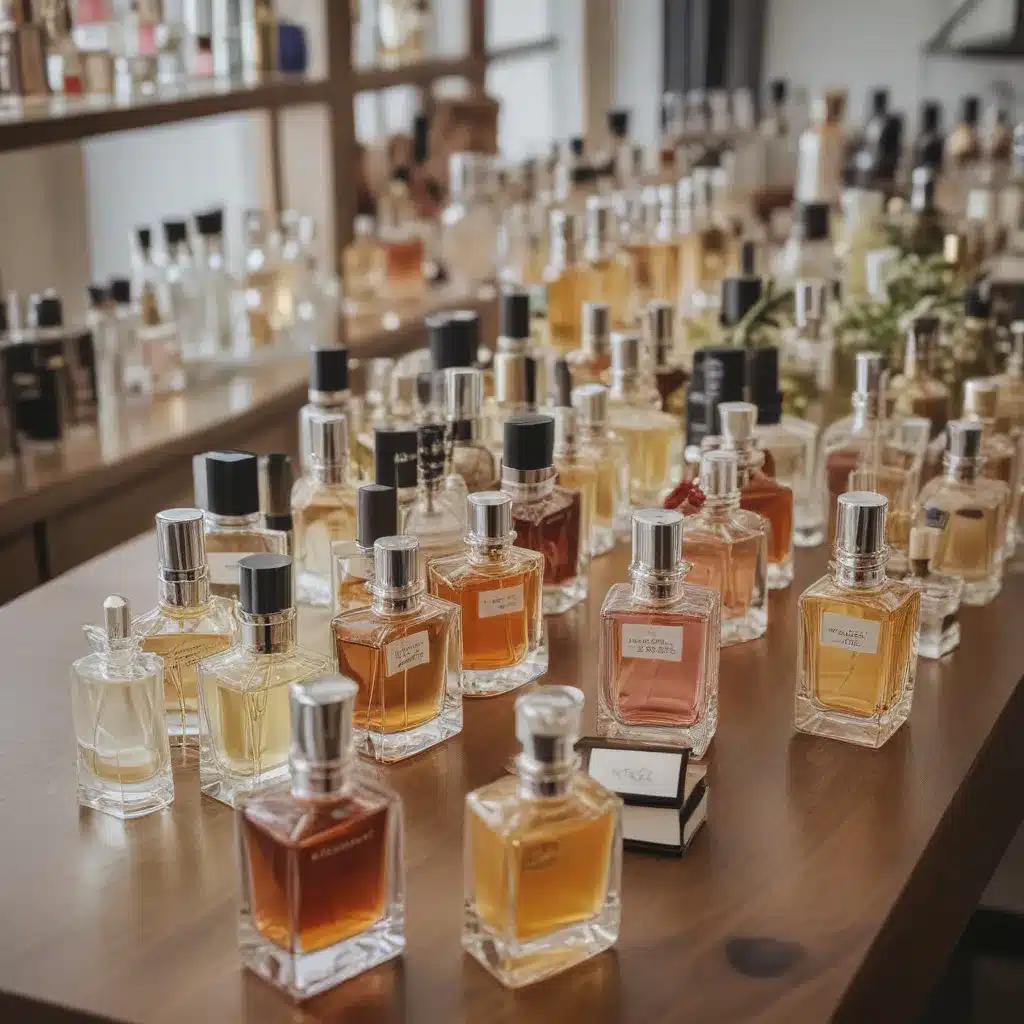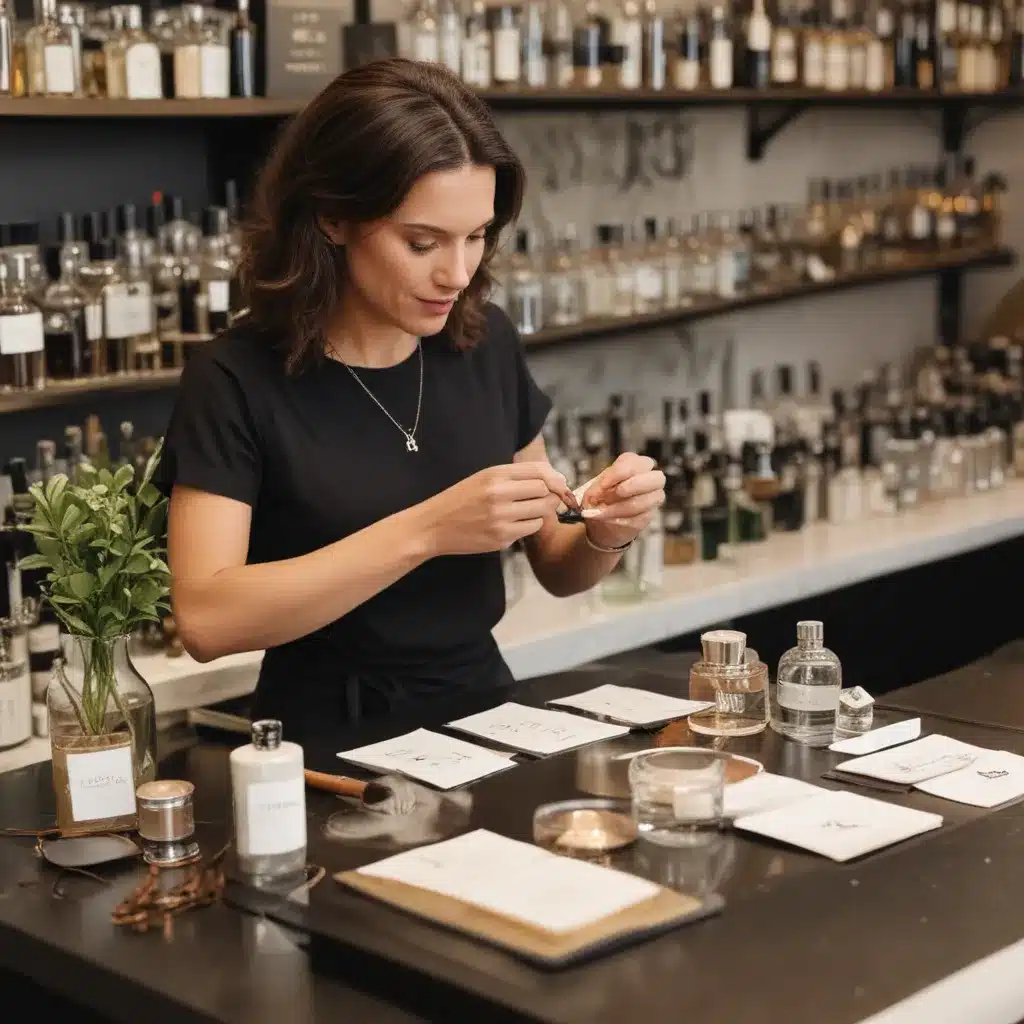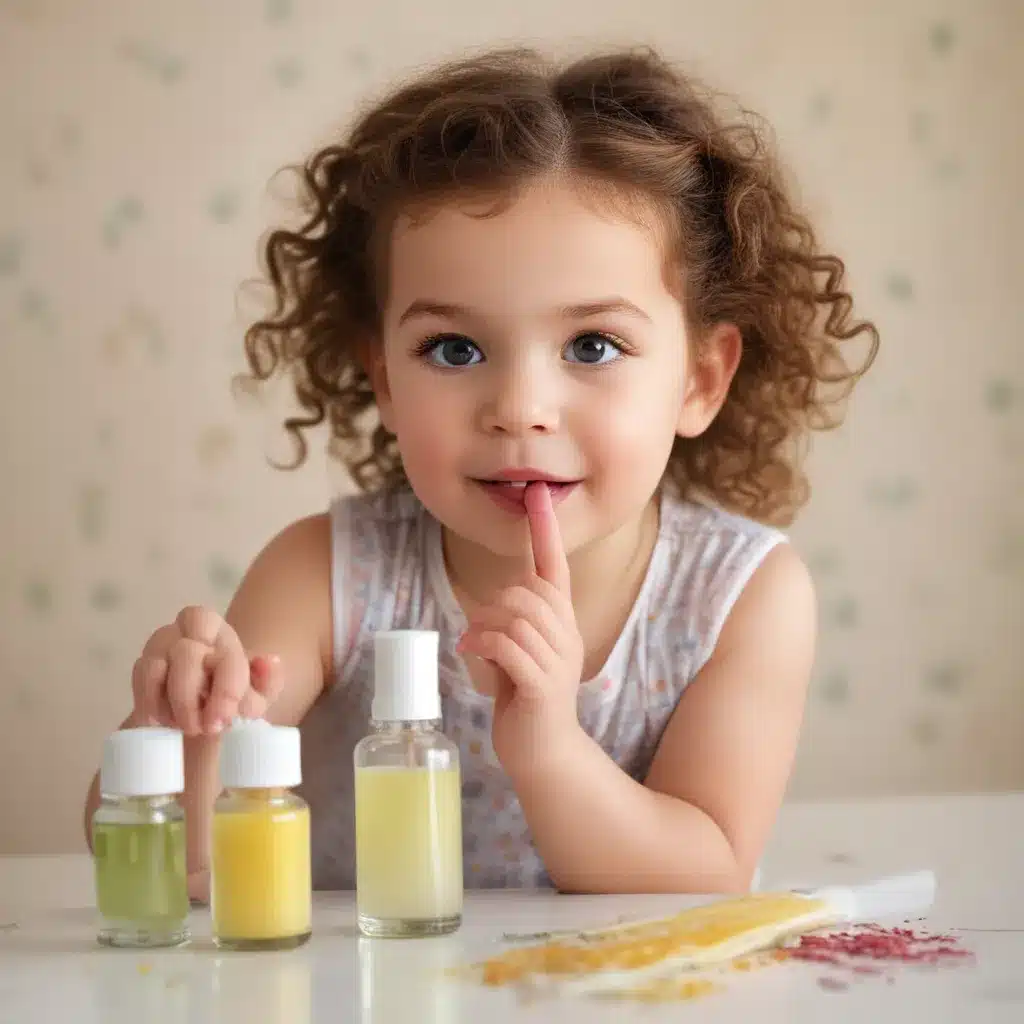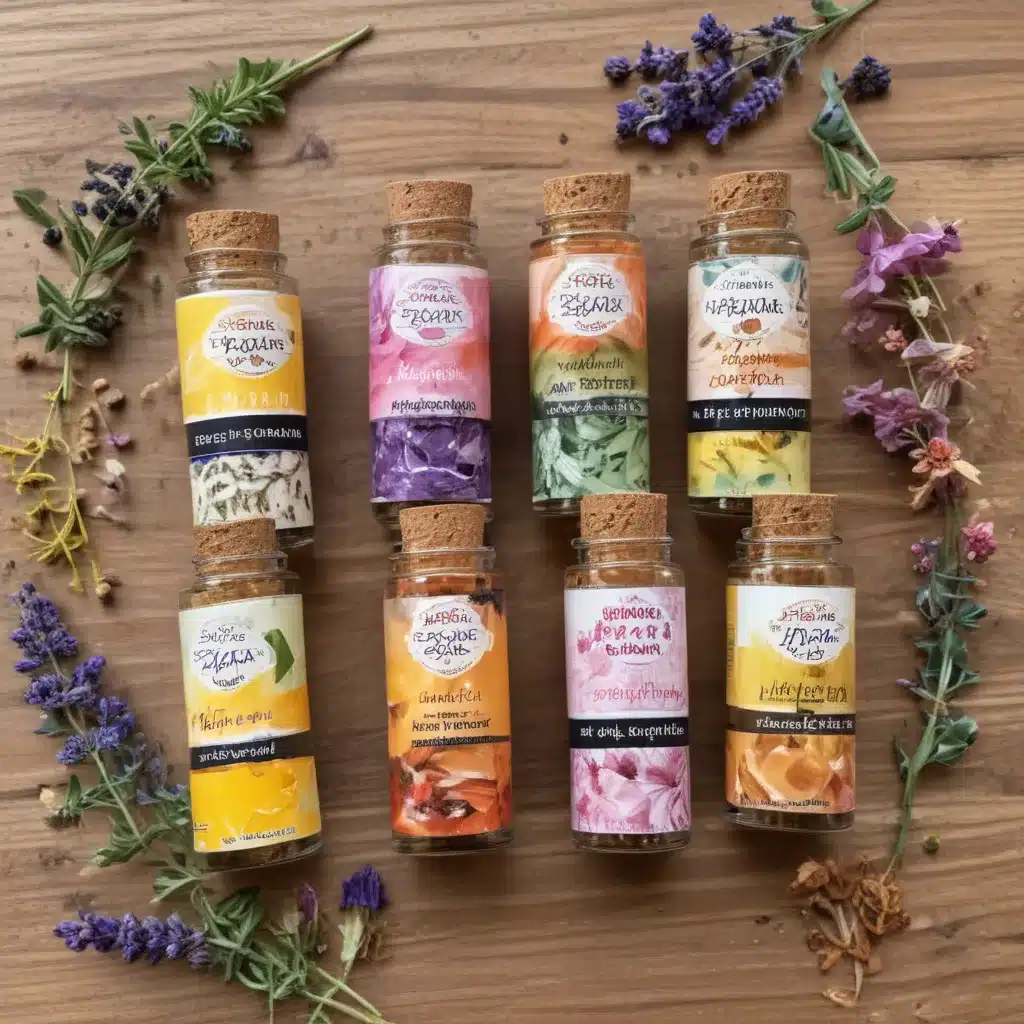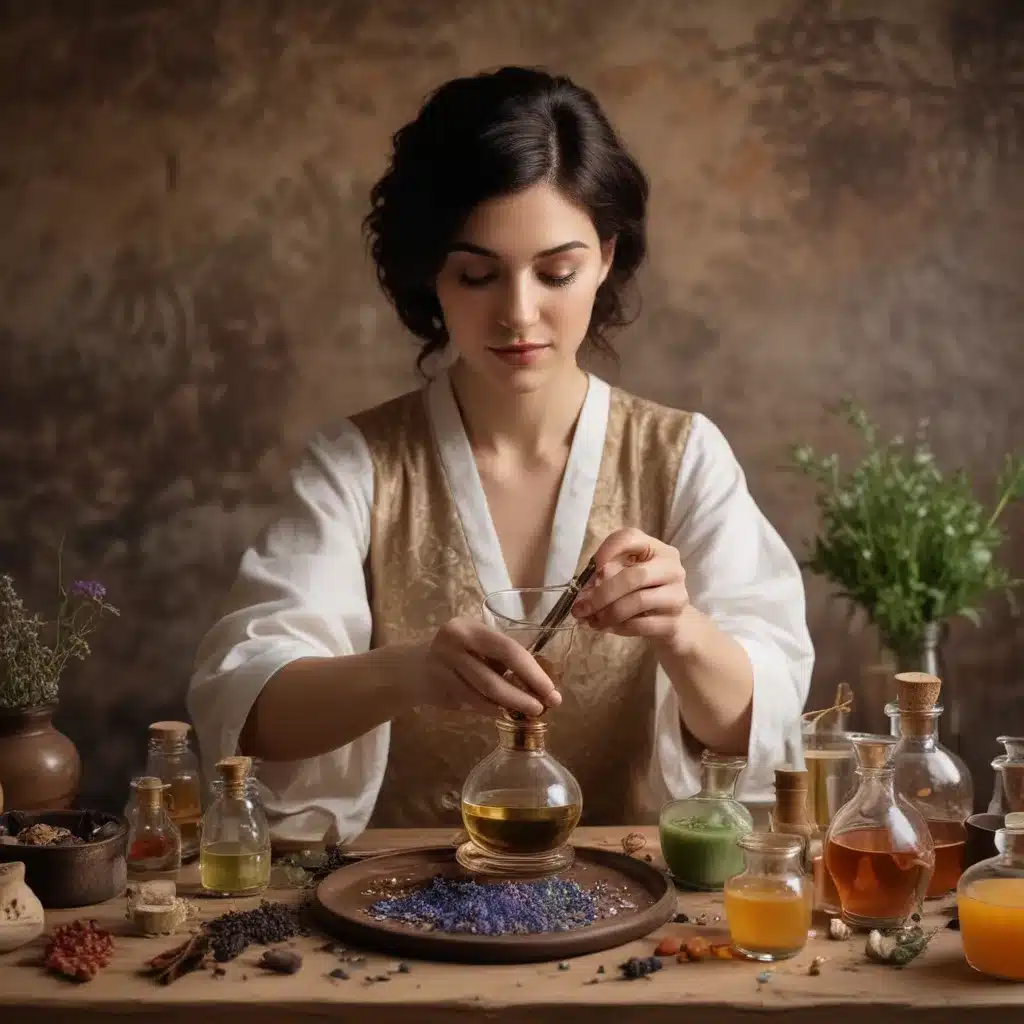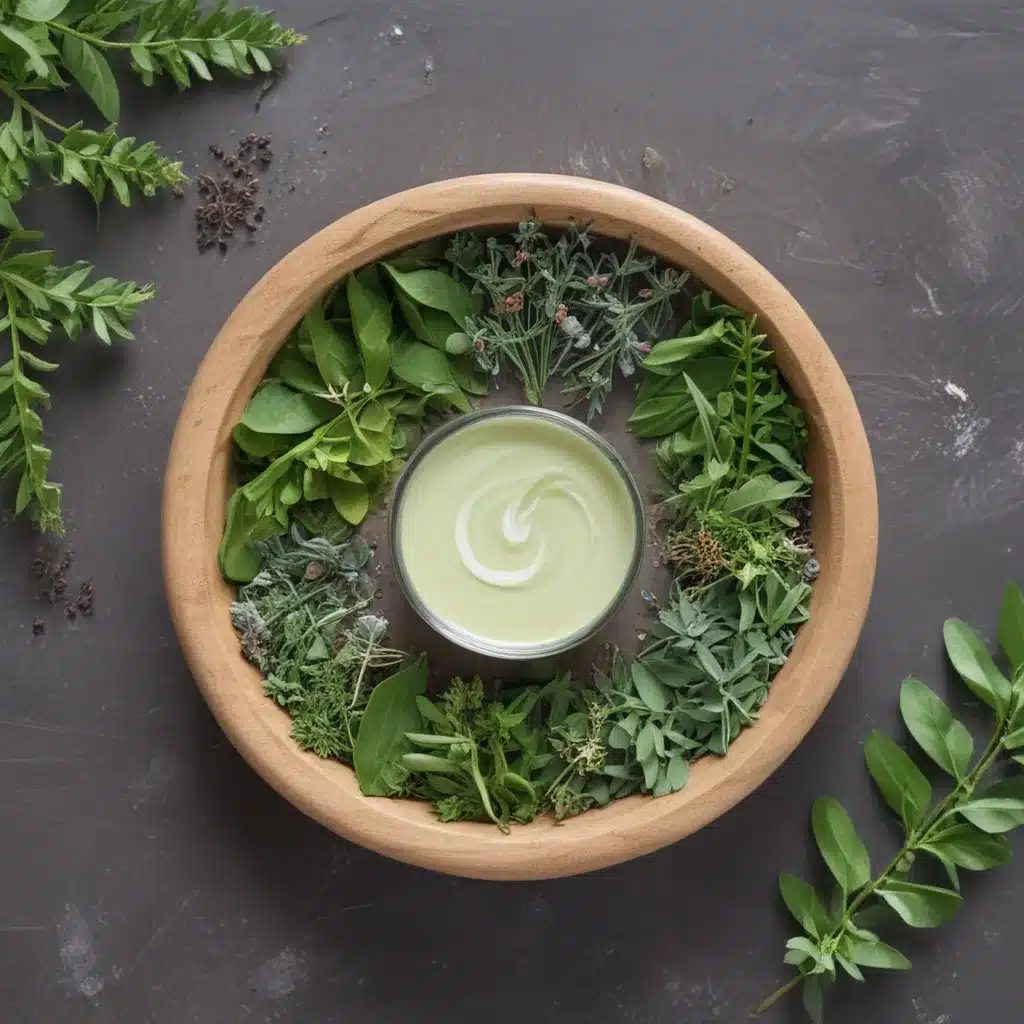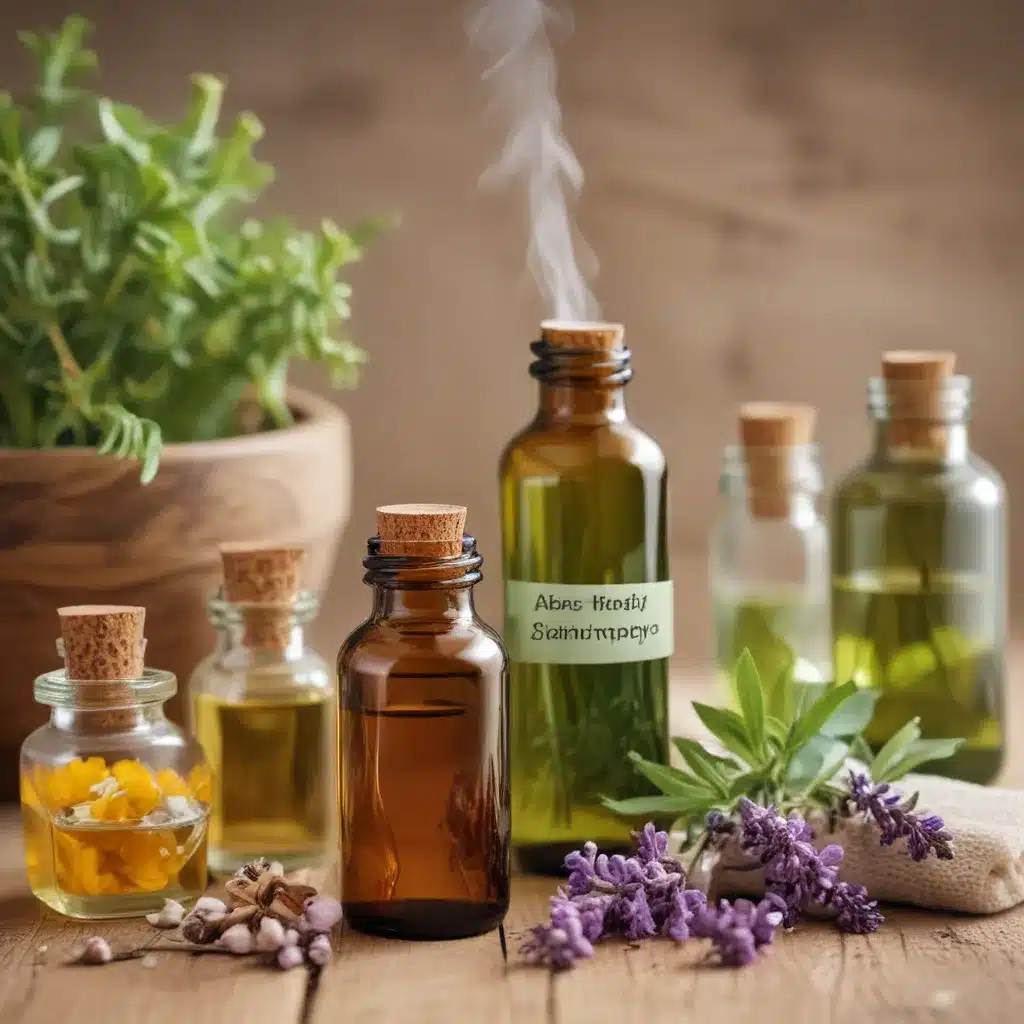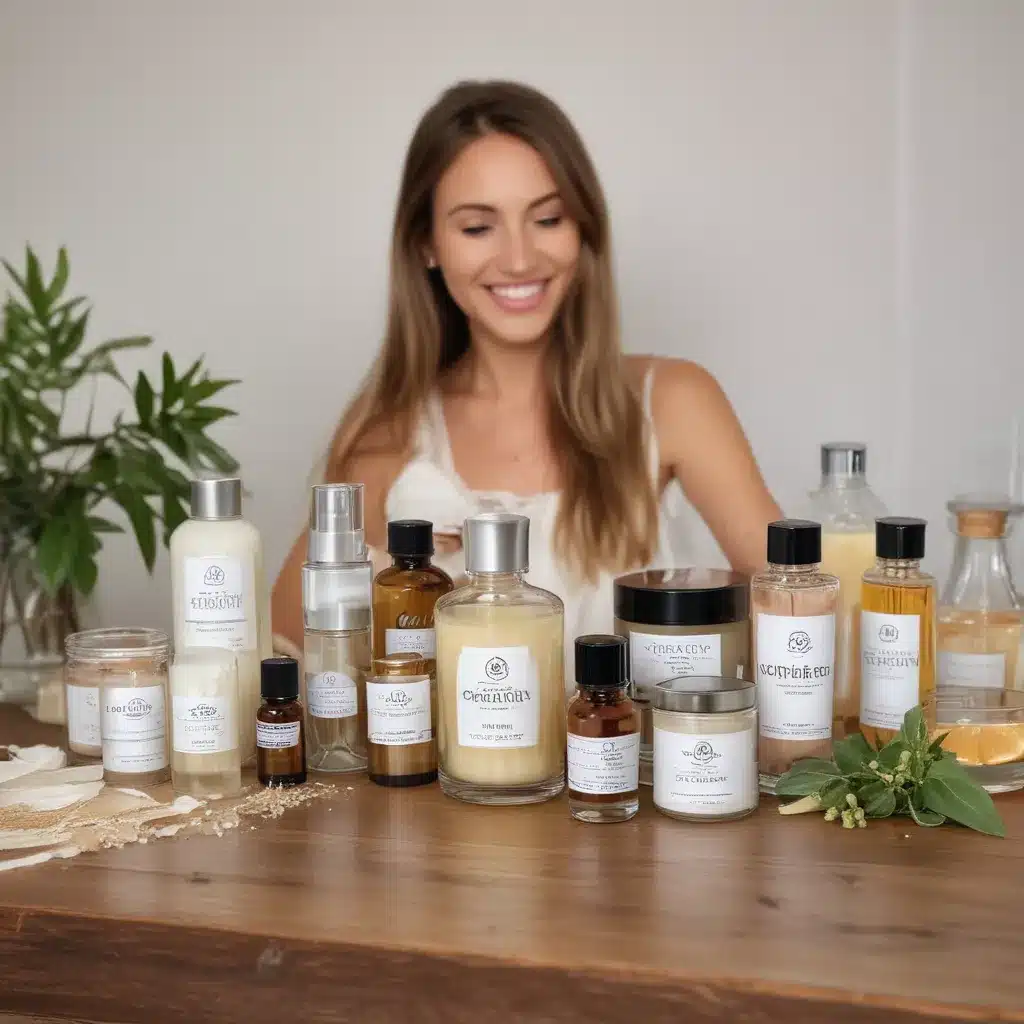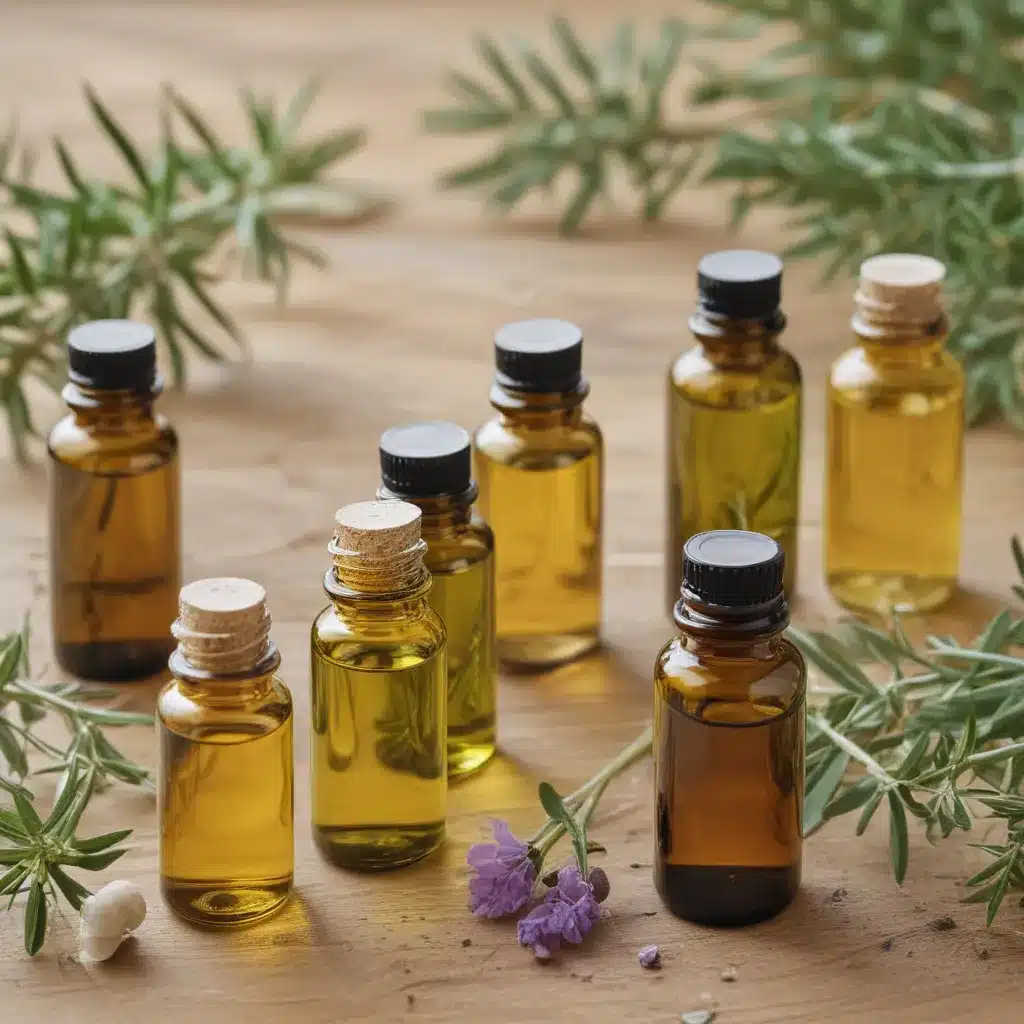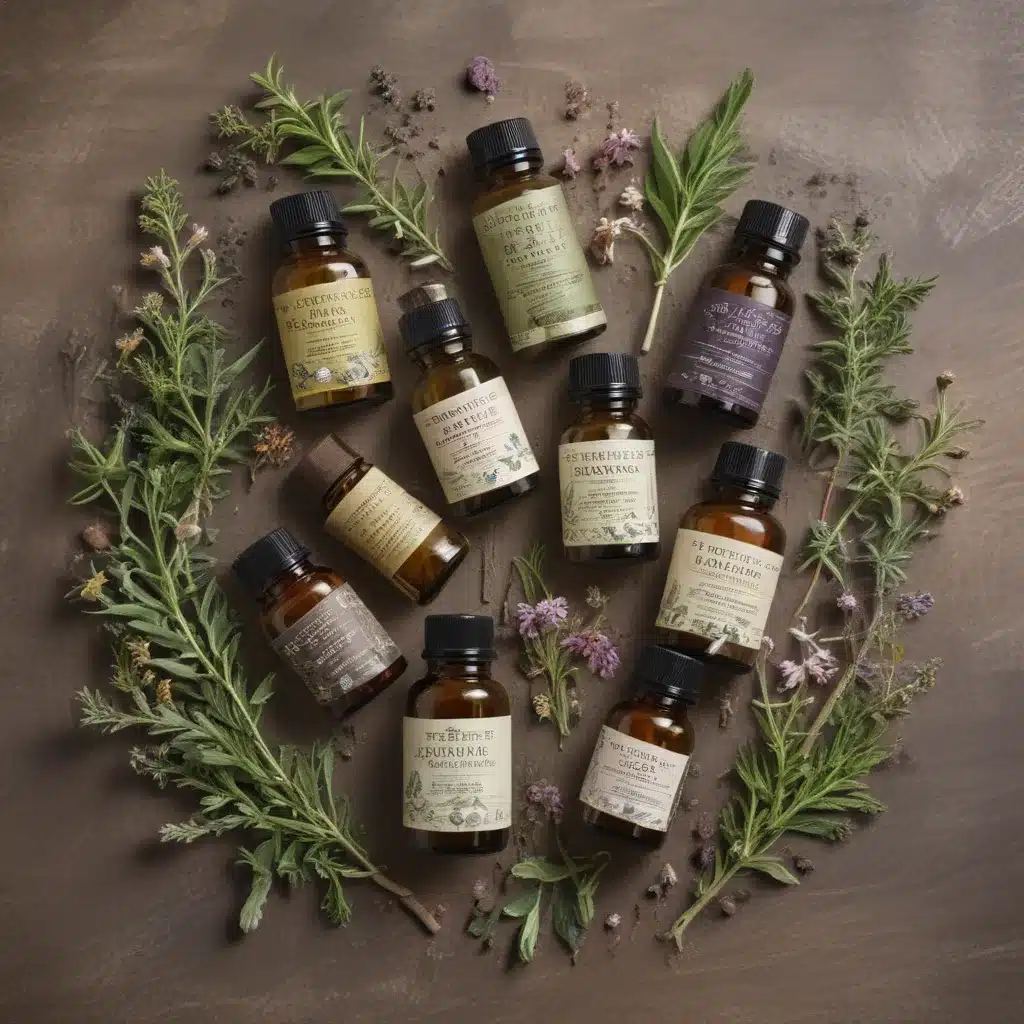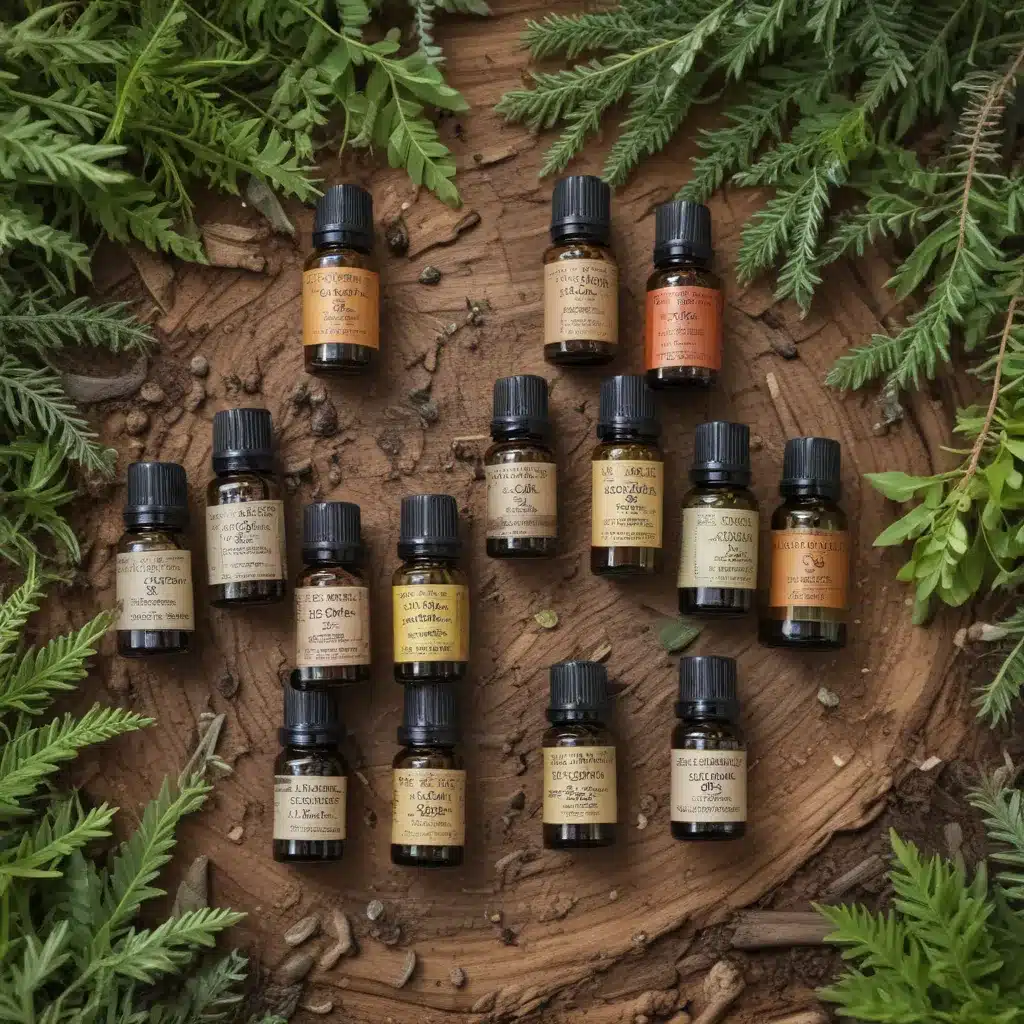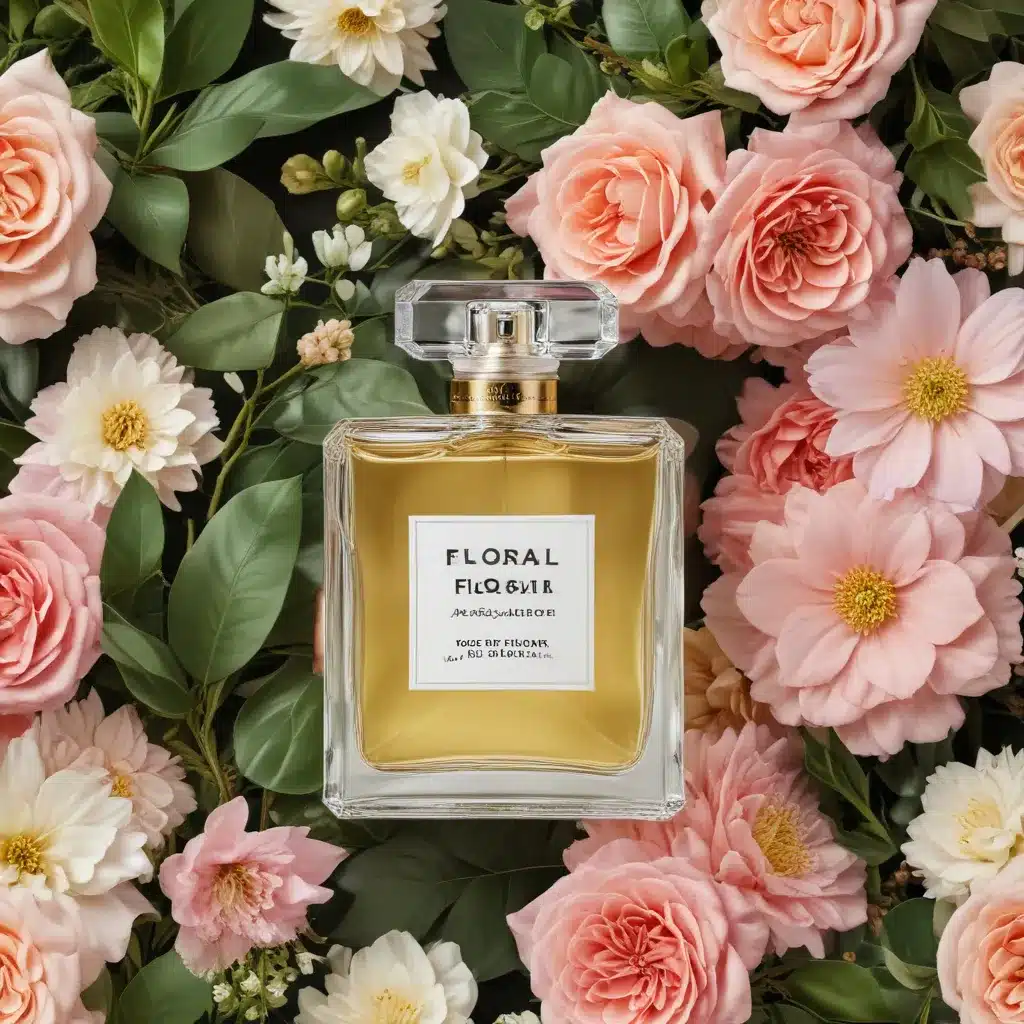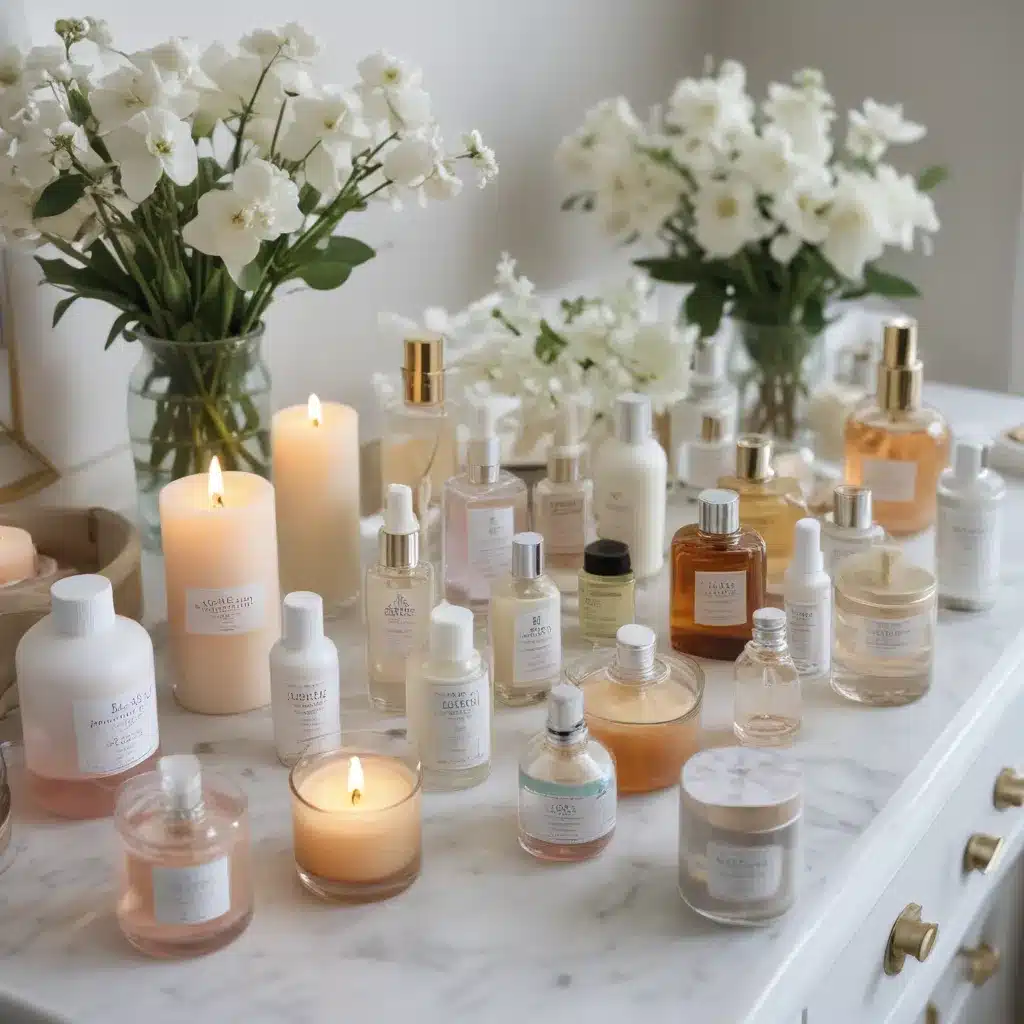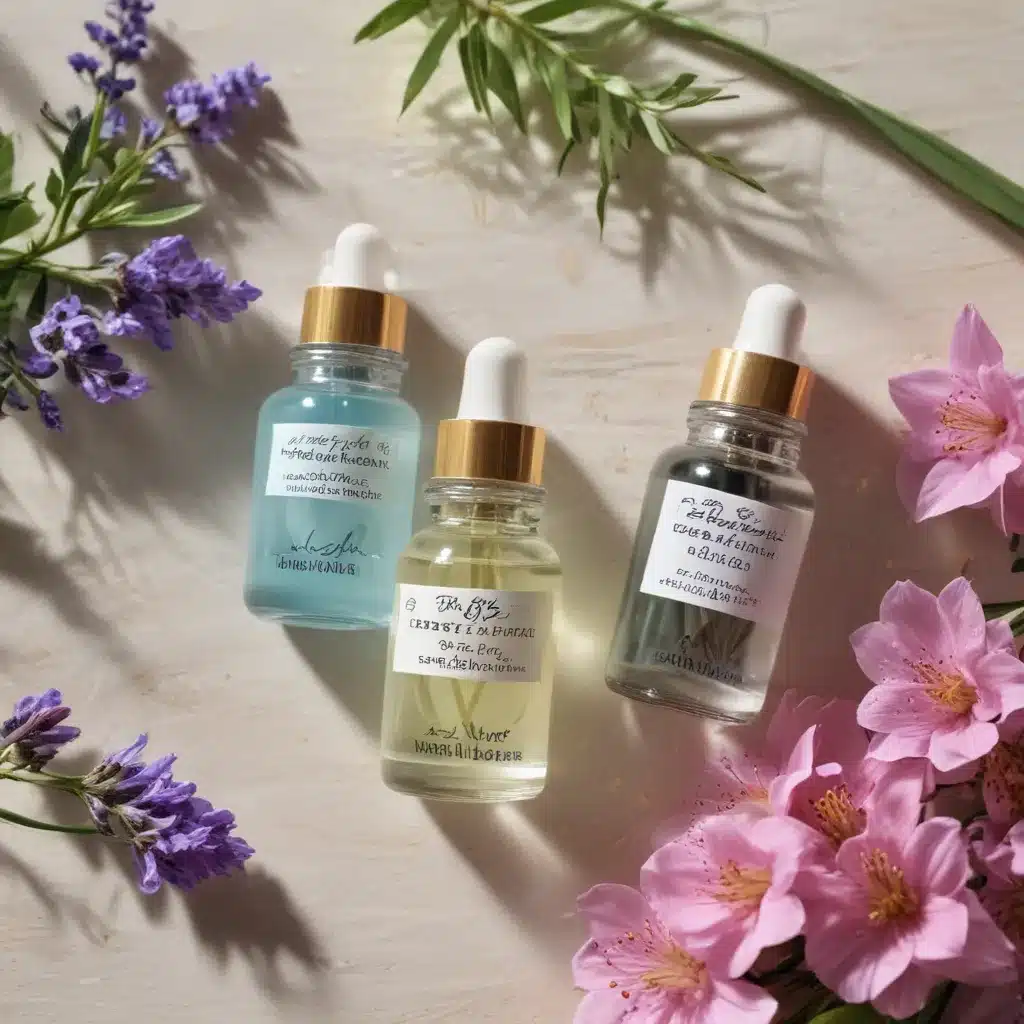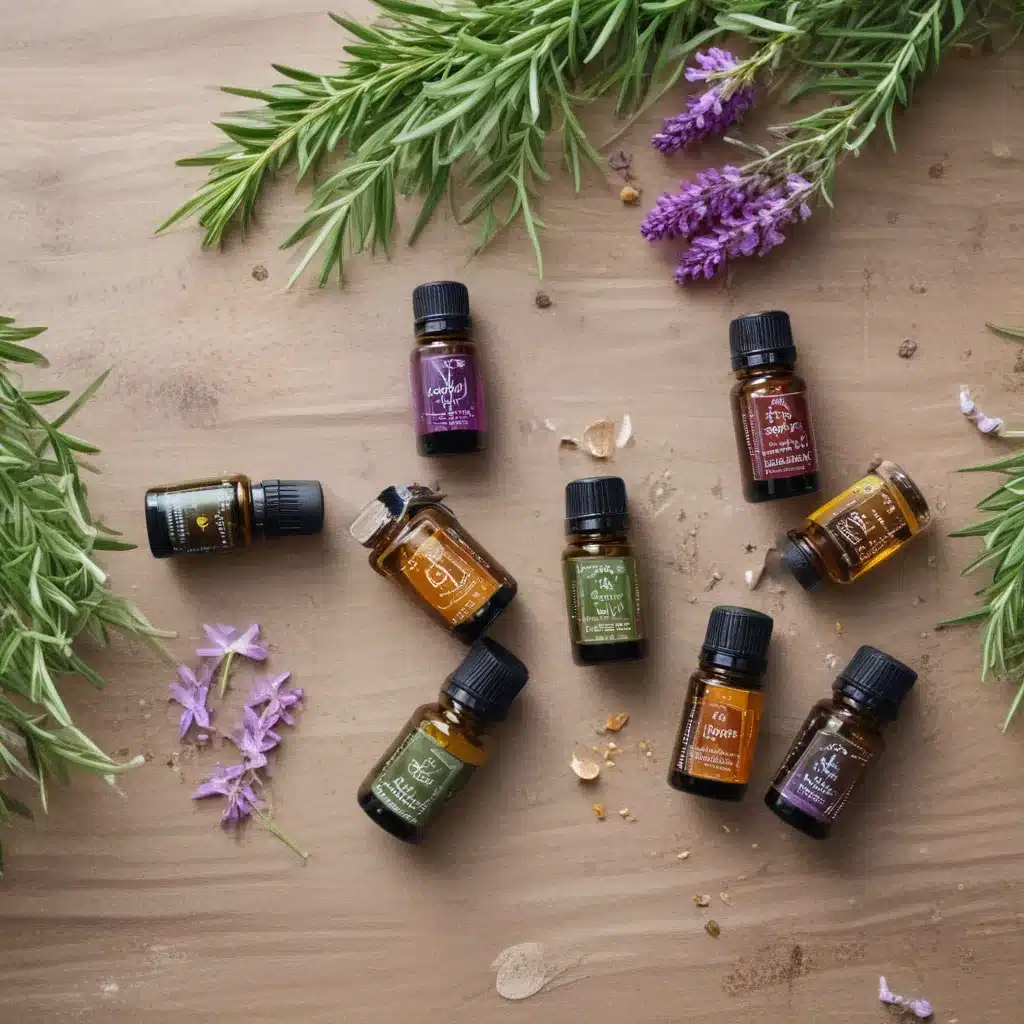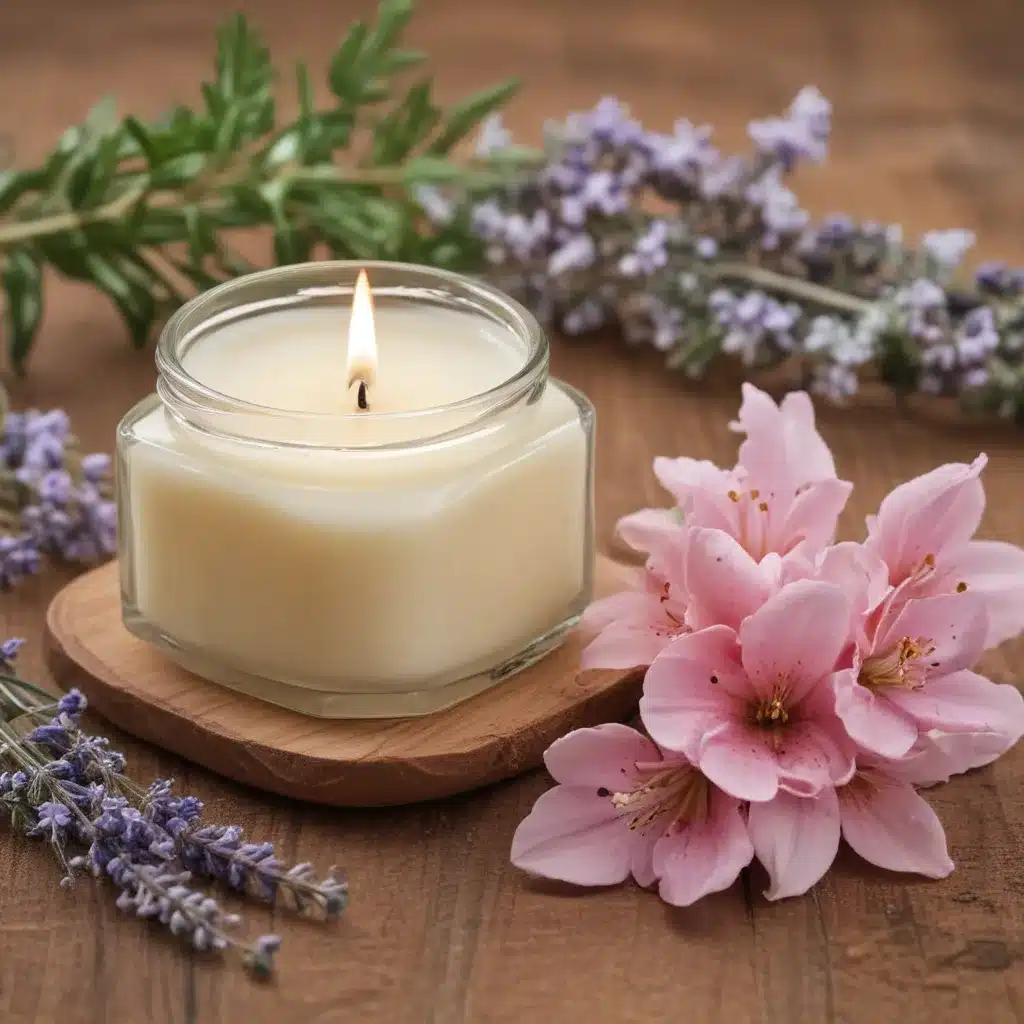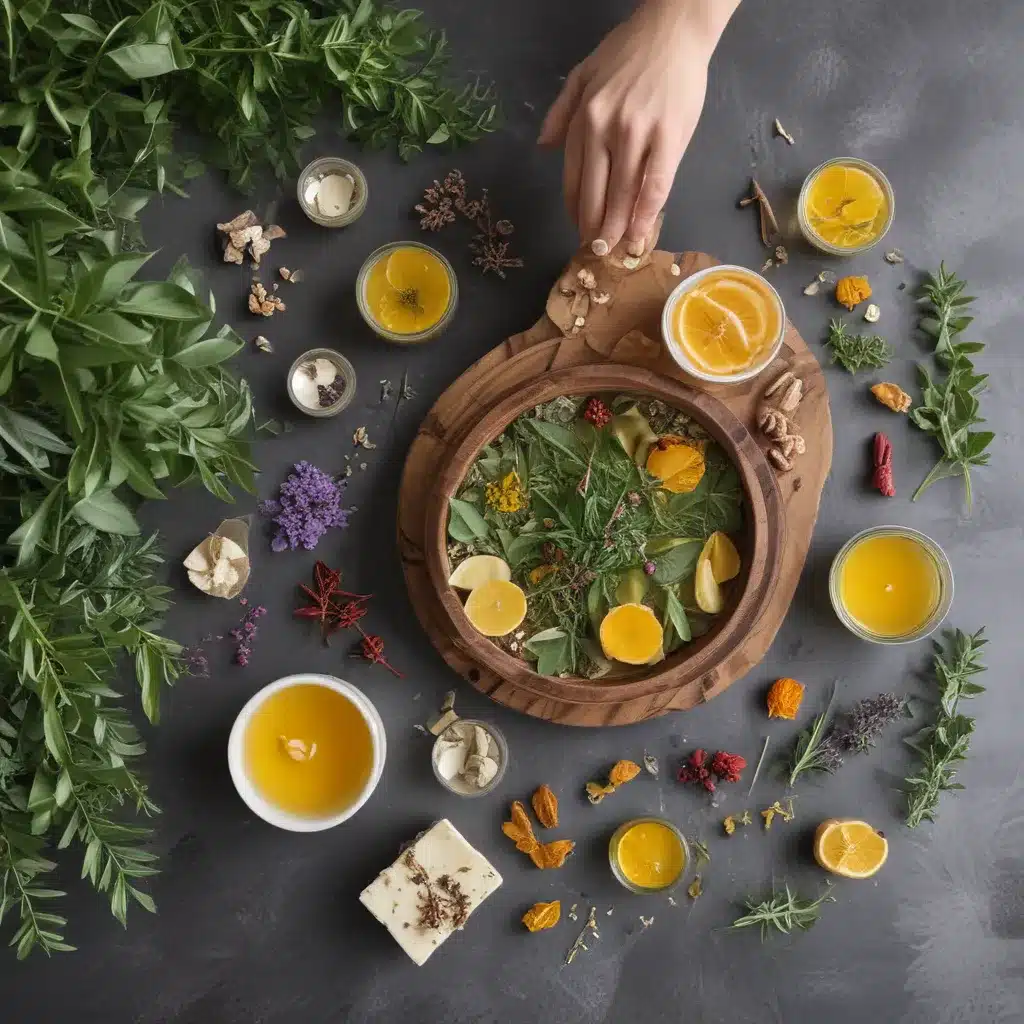
What is Aromatherapy?
Aromatherapy is a form of alternative medicine that uses plant extracts known as essential oils and other aromatic compounds from plants. It is based on the principle that essential oils contain natural healing properties which can benefit both the physical and emotional well-being of the individual. Through aromatic compounds, essential oils may provide psychological or physiological effects by influencing brain chemistry and promoting relaxation.
I began studying aromatherapy after experiencing stressful periods in my life where I felt my mental and physical health declining. I was interested in finding natural remedies and heard that essential oils could provide relief from stress, anxiety, and other issues. Through research, I learned that aromatherapy has a long history and is grounded in scientific study of how scent impacts our bodies and minds. Different essential oils are extracted from various parts of plants like flowers, bark, stems, roots, etc. and each contains unique chemical compositions that interact with our senses and brain.
How do Essential Oils Impact the Body and Mind?
Essential oils enter the body primarily through inhalation where their volatile aromatic compounds are absorbed through the olfactory system directly into the brain and bloodstream. Once in the blood, they may provide effects systemically by interacting with various systems like the nervous, hormonal or circulatory systems. The limbic system in the brain, which controls our emotions and memory, is strongly activated by smell. Certain essential oils are known to target specific regions or neurotransmitters in the brain related to functions like mood, sleep, memory, etc. thereby creating psychological impacts.
Physically, essential oils may work as antioxidants, support detoxification, boost immune function or help with muscle relaxation. For example, lavender essential oil is well-researched for its calming effects and is thought to work by increasing GABA levels in the brain related to reducing stress and anxiety. Peppermint oil is commonly used to aid digestion as its main compound menthol is known to soothe the gastrointestinal tract. Every essential oil’s unique makeup allows it to have a variety of physiological applications depending on the targeted area or system requiring support.
Through aromatherapy, I’ve noticed calming scents like lavender, frankincense and sandalwood helping to relax my mind and reduce tension in my body. Citrus oils like grapefruit, sweet orange and lemon uplift my mood. Focusing on deep breaths while inhaling different aromas provides a meditative quality that fosters inner peace and balance. Essential oils have given me a gentle, natural way to care for myself during stressful periods.
How to Safely Use Essential Oils
While essential oils provide many benefits, it is important to properly understand their safe use. As plant extracts, essential oils must be diluted before using on skin since they can potentially cause skin irritation if applied at full strength. For topical use, dilution rates typically range from 1-5 drops of essential oil per teaspoon of a carrier oil like coconut, jojoba or sweet almond oil. Direct inhalation may also irritate sensitive individuals so diffusion is recommended.
When selecting essential oils for internal use, only choice therapeutic grade oils verified for their purity and intended method of ingestion. Overdose risks need monitoring as some oils can cause toxic reactions if taken in large quantities, especially for children and pets. Pregnant women should consult an expert before using essential oils topically or aromatically. Proper storage is also important to maintain an oil’s integrity and potency as they degrade when exposed to light, heat and air over time.
In my practice of aromatherapy, I ensure safe dilution of any oils applied to skin and diffuse them via a cool mist diffuser set on a timer to avoid overexposure, especially before bed. Reading product labels thoroughly and consulting references has helped me gain confidence using essential oils appropriately for self-care. While aromatherapy should not replace medical advice, with proper precautions it provides a gentle supplement.
Real Life Experiences with Aromatherapy
One area I’ve found aromatherapy especially helpful is for stress management and improving sleep quality. During busy periods at work or personal challenges, I’ve used a calming roll-on blend containing lavender, bergamot and ** frankincense essential oils** on my wrists, neck and temples before bed. Within minutes, I notice my mind and body unwinding into a state of deep relaxation. Many nights I’ve fallen asleep sooner while other times it just puts me in a calmer space.
A colleague shared how using aromatherapy helped her after giving birth. She mixed clary sage, ylang ylang and geranium oils and applied it on her lower abdomen during her postpartum massages. This aided recovery from childbirth pains and boosted her mood at a sensitive transition time. A friend who suffers migraines found peppermint and spearmint oils to be an effective natural remedy when sniffed or lightly massaged into temples at the first signs of an oncoming headache. Various therapeutic-grade blends have relieved symptoms for him in the past.
In conclusion, I’ve found aromatherapy to be a gentle yet powerful way to care for myself and others naturally. Through safe and thoughtful use of essential oils, various physical, emotional and mental imbalances can be alleviated. While not meant to replace traditional medicine, it complements therapeutic approaches and enhances overall well-being. I hope more individuals discover aromatherapy’s healing benefits and apply it to improve their quality of life.


